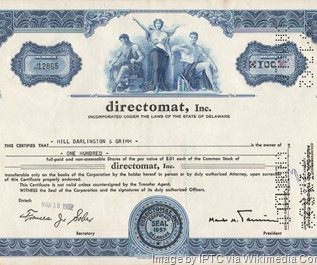What Founders Need to Know: You Were Funded for a Liquidity Event – Start Looking
Steve Blank
MARCH 16, 2016
While you might be interested in building a company that changes the world, regardless of how long it takes, your investors are interested in funding a company that changes the world so they can have a liquidity event within the life of their fund ~7-10 years. (A You’ve been funded to get to a liquidity event.











































Let's personalize your content